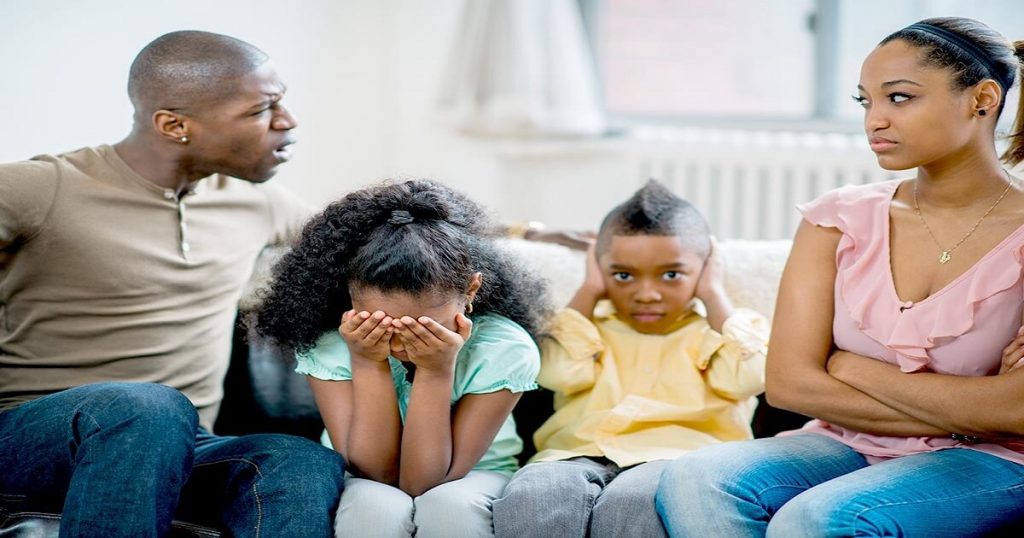As we know Parents are the most precious blessing of God. Parents are like a shadow for all of us we all should be thankful that we are together and they are our guardians and it is our duty to respect our parents and valued them and always tried to maintain a healthy relationship with them because they are the real asset of our life.Our parents are mentors for all us. Nobody in this universe is more faithful to their children than their parents. They give their all without expecting anything in return. They are the best examples of love that is unconditional and everlasting.However, life is not without its difficulties many of are uncontrollable. Parenting is always a difficult task and a tough job. It demands finding a balance between your own and your child’s needs. It requires time management, having sufficient resources, and offering support to your child.Mental health of child’s basically strongly connected with parent’s mental health good.
Mental health disorders, like many illnesses and other diseases, runs in families and can be passed on from parent to kids. If both parents have a mental health problem, the risk increases much more in the kids too. Parenting style also contributed in child’s mental health and are considered as an important factor for healthy development and growth and the way of interaction of your child have a long-term impact on their child’s rest of life.
Parenting styles
There are four parenting styles which affect the upbringing of the child in a different way.

1. Authoritarian
Authoritarian parenting is a strict approach to parenting. As an authoritarian parent, you place a greater emphasis on obedience, discipline, and control over your child’s development. Mistakes are frequently punished harshly, and when feedback is given, it is frequently negative.
2. Authoritative
Parents that are authoritative have high expectations for their children’s achievement and maturity, but they are also warm and responsive.
Authoritative parents are warm and encouraging. They value their children’s liberty, give them freedom, to make their decisions but also provide proper guidance and encourage them to be self-sufficient.
3. Permissive
Permissive parenting is a parenting style that combines low expectations with strong responsiveness. Permissive parents are usually very caring, but they don’t set many limits or regulations. These parents often appear to be more of a friend than a parent. They usually Ask their children’s opinions on major decisions.
4. Uninvolved
Uninvolved parents basically expect children to raise themselves possible. Children don’t get enough instruction and guidance. They have only little knowledge about their child’s development or growth and face many behavioural problems.
Our mental health is a major element of our health and happiness. As a parent, you have a significant impact on your child’s mental health. Nurturing and loving care build a strong basis for your child’s social and emotional development, allowing them to have a happy, healthy, and satisfied life also. The most beneficial parenting style proven by the researchers is the authoritative parenting because it is carrying responsibility, responsiveness and oppeness on both ends of the relationships.





